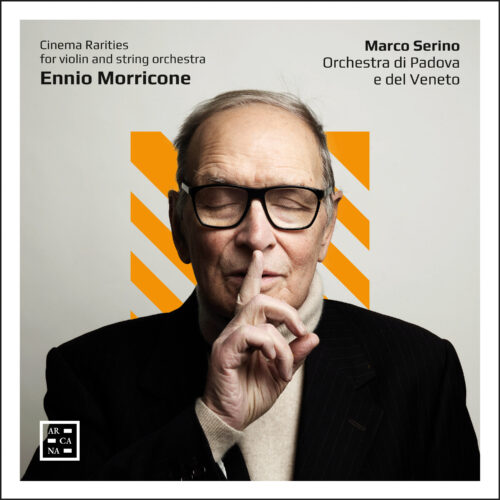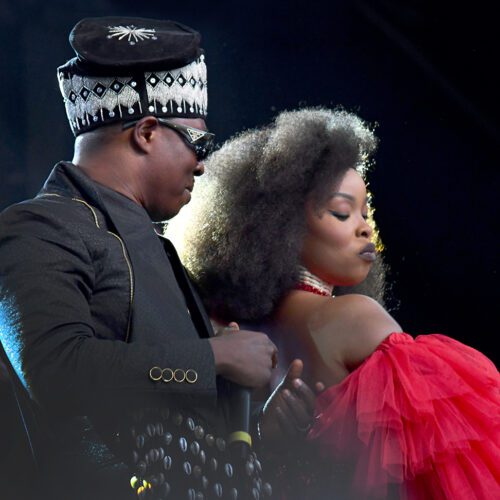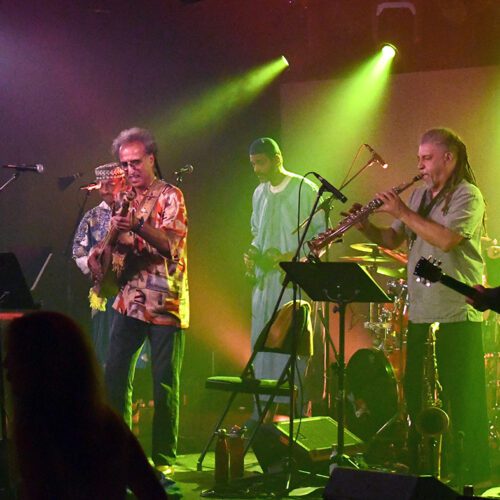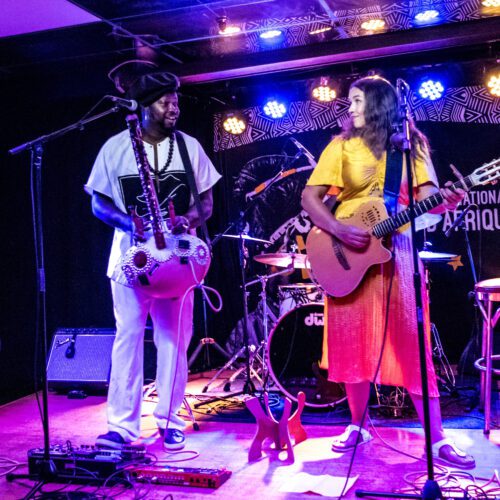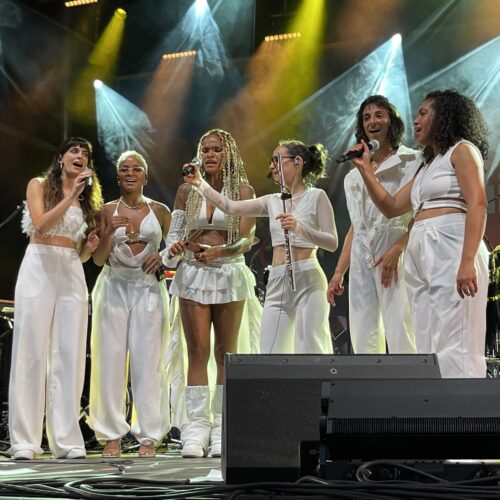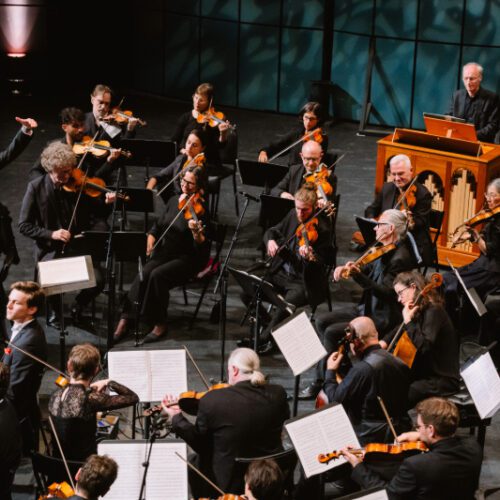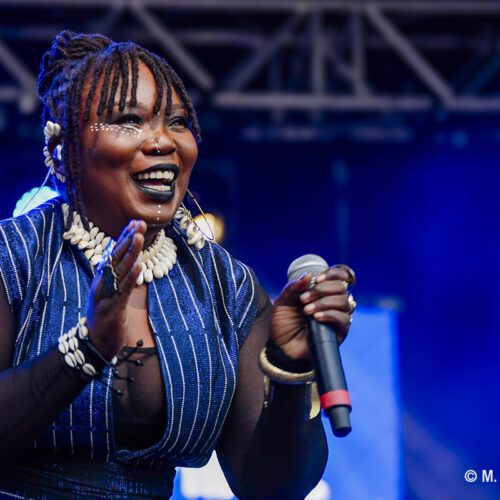Cinema Rarities for Violin and String Orchestra is the follow-up to Cinema Suites for Violin and Orchestra, released in 2022 by the same publisher. At the end of his life, Morricone revisited many of his film scores, arranging them for violin and orchestra. Both “greatest hits” and hidden treasures received this special treatment. While the 2022 album focused on the former, this one, freshly released on the Arcana label, sheds light on previously unreleased works and other rarely-heard gems (with the exception of “Man with a Harmonica” from Once Upon a Time in the West, or “Chi mai,” arranged by violinist Marco Serino). We can’t help but be torn by emotion when we hear these melodies of rare power (“La califfa,” “Chi mai,” associated for a long time to come with Jean-Paul Belmondo, aka “Le professionnel”, Le clan des Siciliens, Lolita). But we remain uncertain as to the necessity of this “classicization” of the composer’s music.
Yes, we know, if we’ve seen Giuseppe Tornatore’s magnificent tribute to Morricone in his film Ennio, that the composer has always felt a kind of inferiority complex vis-à-vis “real” classical composers, not only those of the past, but above all his contemporaries who didn’t write for the cinema (often out of snobbery, but probably also because they simply didn’t have the talent to do it! Film music is difficult. And to succeed in making a name for yourself that transcends genres and time, as Morricone did, is very, very rare! Anyway….).
So we can guess that behind these suites for violin and orchestra, Morricone wanted to leave a more “classical” (legitimate?) legacy to the performers and orchestras of the future. Probably in the hope that these packages, in a format better known to classical circles than scattered soundtracks through which you have to go digging for nuggets, would enable his music to find favor with their ears. Here and there, he’s even winked at tradition, with a hint of Beethoven’s Violin Concerto in his arrangement of “Deborah’s Theme,” inserted in the suite Quattro adagi (Four Adagios).
And yet, therein lies the great Ennio’s main mistake: failing to grasp the extent to which his fantastic post-modern syncretism makes him one of the greatest creators of the 20th century. An originality made up of classical music (of course), but also pop, rock, jazz and unique ecumenical orchestrations (he invited synthesizers, electric guitar, drums and bass into the orchestra, as well as all sorts of other weird and delightfully strange sources of sound). Morricone has achieved a kind of collective catharsis that has consigned to oblivion the bickering between high art and low art, between classical music and rock or pop, between academicism and novelty, between long experience and youthful rebelliousness. Morricone, without really meaning to, or at least guessing it, may have done what Bach did in his time: he said “Down with styles, I’m mixing everything, and the best of each, and that’s the way it’s going to be! Morricone’s soundtracks, as they are, are masterpieces. Period.
Having said that, please don’t misunderstand me: for the Morricone lover that I am, and that you are too if you’ve made it this far, the melodies deployed through these rewrites tinged with great and beautiful nostalgia are still as incredibly poignant as they were on their debut, but with a warm velvet that we’d be foolish and insensitive to denigrate. What’s more, Marco Serino is obviously passionate about his subject. He plays with great sensibility and is ably supported by the Orchestra di Padova e del Veneto. His Man With a Harmonica is impressive in the closeness of the sounds he draws from his violin to Charles Bronson’s famous harmonica. As much as I hesitate on my final thoughts on the subject, I can’t help playing this album over and over again. That’s Morricone’s strength.
So, are these highly romantic arrangements, geared towards a certain idea of what the classical music establishment thinks of as “good taste”, necessary or not?
Intellectually, perhaps not. Emotionally, however, who cares? Your opinion will be the right one, whatever its nature and divergence, but the love of Ennio and his genius will be exactly the same.
